[ad_1]
Travel can be transformative, and great travel writing can be transformative too. A good travel book can feel both like a trip already taken but also one you cannot wait to take. Here’s a selection of recent titles on travel and destinations, from the wildernesses of India to the adventures of an early historical feminist.

The Land Of Moonlit Snows by Gaurav Punj (Tranquebar)
Highlights from this book include hand-drawn maps and even a few local contacts, all put together after six years of the author trekking and exploring the Himalayas. It’s a practical book, and it’s possible to actually use it on your own trekking adventures to the Himalayas. In an earlier interview with The Hindu, Punj shared his experience with trekking: “On your first trek, you are a blank slate, in awe of everything you experience, and at the same time overwhelmed to take it all in. By the second trek, you are prepared to soak in everything. It’s like experiencing the Himalayas the way it’s meant to be, and it just stays with you forever.”

The Cobra’s Gaze: Exploring India’s Wild Heritage by Stephen Alter (Aleph Books Company)
Travel with Stephen Alter to “the cold heights of Ladakh, the arid plains of Tal Chhapar, and the murky swamps of Sunderbans, while exploring the broad theme of the book: what is our relationship with wild fauna and how do we engage with them”. In a recent conversation, Alter spoke about exploring the idea of the “hunter’s trance”, that moment of connectedness between the hunter and prey, and the “naturalist trance”, an almost mystical experience — a shared consciousness. This is a rich, layered book, teeming with life and written with an inquiring, curious mind.
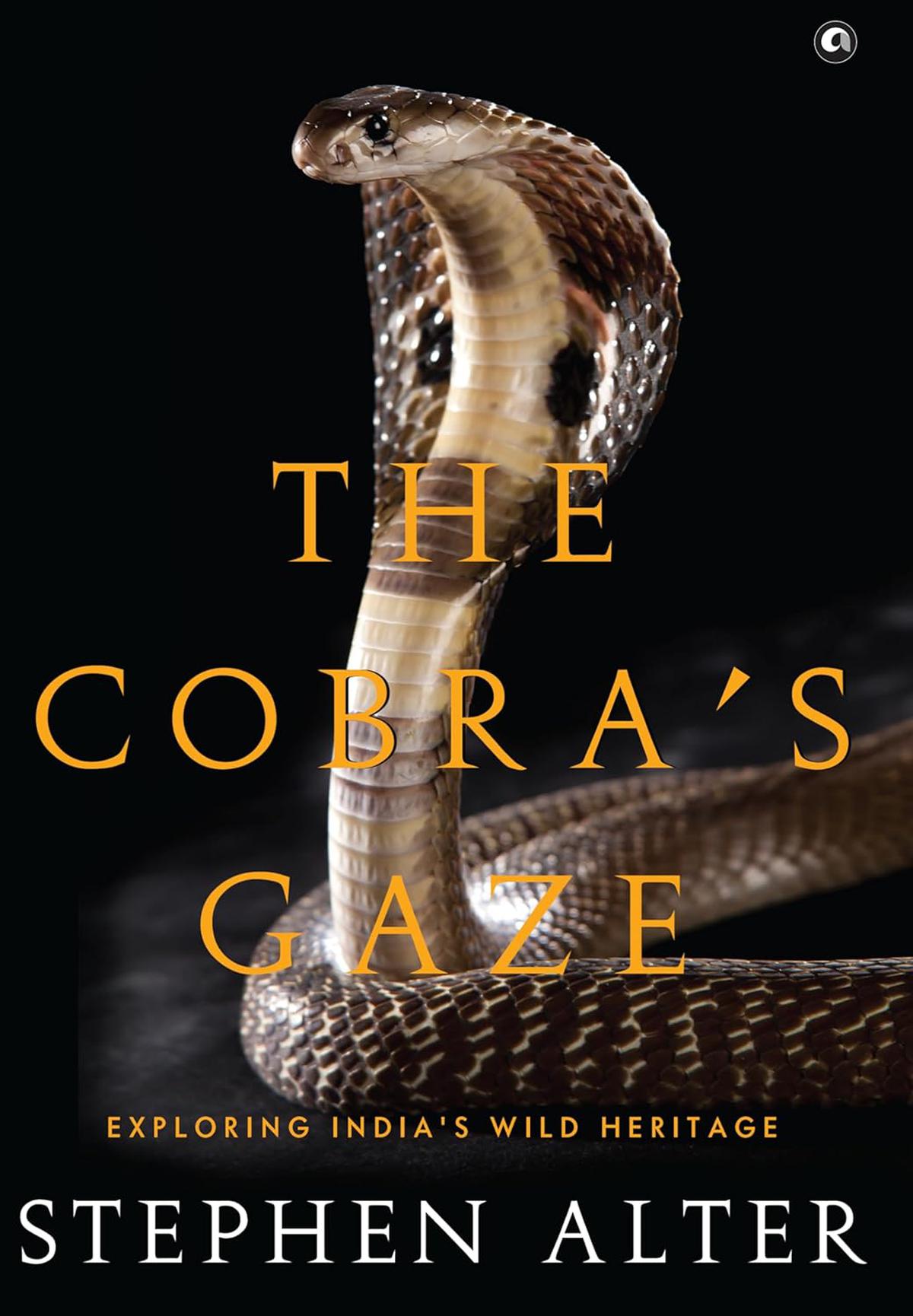
Read review of ‘The Cobra’s Gaze’ by Stephen Alter
Vagabond Princess: The Great Adventures of Gulbadan by Ruby Lal (Juggernaut)
Ruby Lal is the first historian to examine Princess Gulbadan’s memoir — a manuscript which breaks off abruptly, mid-sentence, and of which only one copy survives. This is not the first time Lal is turning our attention to Gulbadan, but when she began to ask herself more questions about this unusual, “free-floating” figure in history, whose life included adventure, the Haj pilgrimage, travel and even a ship wreck, a rich historical biography emerged. In Gulbadan, you find an early historical feminist with a thirst for both adventure and travel.

Read review of ‘Vagabond Princess: The Great Adventures of Gulbadan’ by Ruby Lal
Airplane Mode: An Irreverent History of Travel by Shahnaz Habib (Context)
This Andrew Carnegie Medals of Excellence-longlisted book brings us stories of the author’s own experience with travel as an immigrant, woven with a sharp and witty look at the history of travel itself, and the politics and consumerism around it. Habib examines the origins and implications of the word “wanderlust”, and how it’s fed into the consumerist discourse around travel, tourism and capitalism, among other themes.


The Long Strider in Jehangir’s Hindustan: In the Footsteps of the Englishman Who Walked From England to India in the Year 1613 by Dom Moraes and Sarayu Srivatsa (Speaking Tiger)
As the title suggests, you get two travelogues in this book. It tells the story of Thomas Coryate, an eccentric Englishman who walked from his village in Somerset to the court of Emperor Jehangir. Then there is the journey that Moraes and Srivatsa make as they follow Coryate’s steps from 400 years ago, taking in everything that’s changed or remained the same. The thread of a third journey runs through it — of Moraes battling, and coming to terms with, his illness.
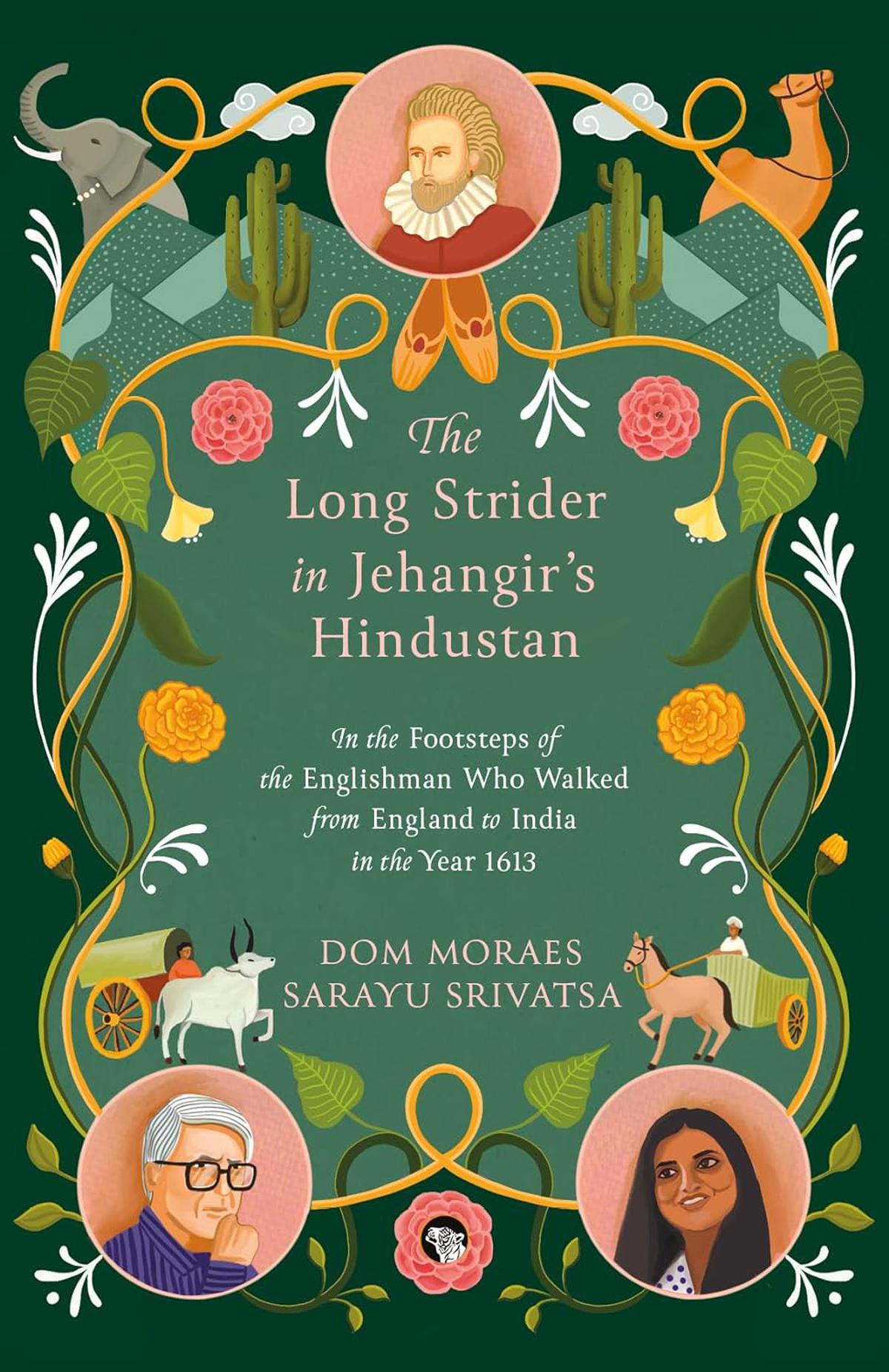
A Stranger In Your Own City By Ghaith Abdul-Ahad (Penguin)
The Iraqi-born award-winning journalist gives us an account of a country and its people, caught in wars and uprisings, turbulence and political upheaval. This is not an academic work of history but an exploration through people’s stories, of how millions of Iraqis, including Abdul-Ahad, became strangers in their own homeland.
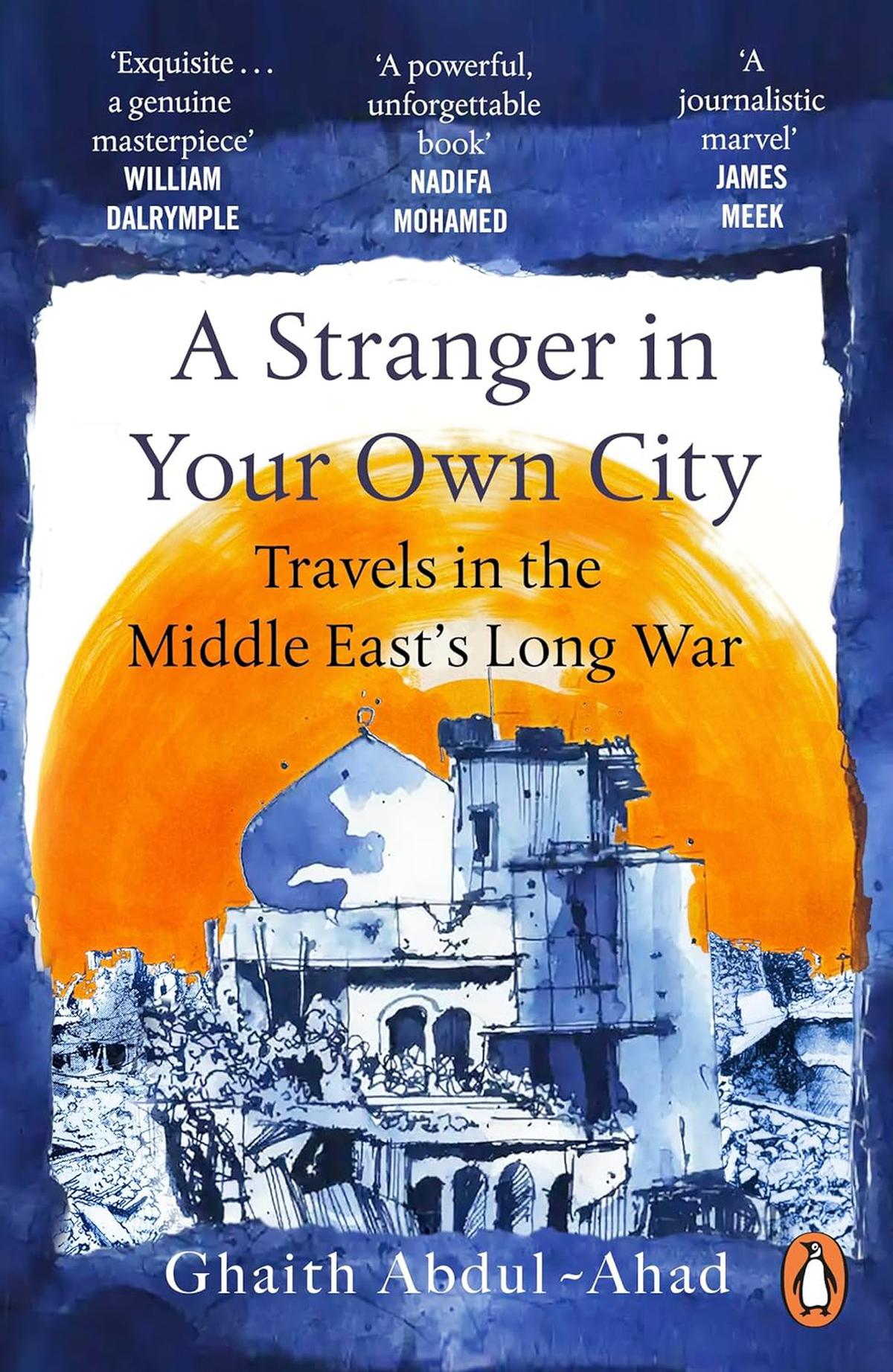
Read review of Ghaith Abdul-Ahad’s ‘A Stranger in Your Own City’
The Sherpa Trail by Nandini Purandare and Deepa Balsavar (Roli Books)
Tenzing Norgay remains perhaps one of the best known Sherpas, becoming, along with Edmund Hillary, the first known people to climb Mount Everest. In this book, we are taken to Darjeeling, to the heart of the story of the pioneering Sherpas in the region, and their legacy.

Journey to the End of the Empire by Scott Ezell (Speaking Tiger Books)
This book by American poet and musician Scott Ezell is an exploration of the Tibetan borderlands, both the landscape and its people. Through prose and poetry, Ezell goes on a journey nine years after he first visited Tibet, bearing witness to the region’s politics, its turbulent past and uncertain present, its magnificent beauty, and the looming and dark shadows.
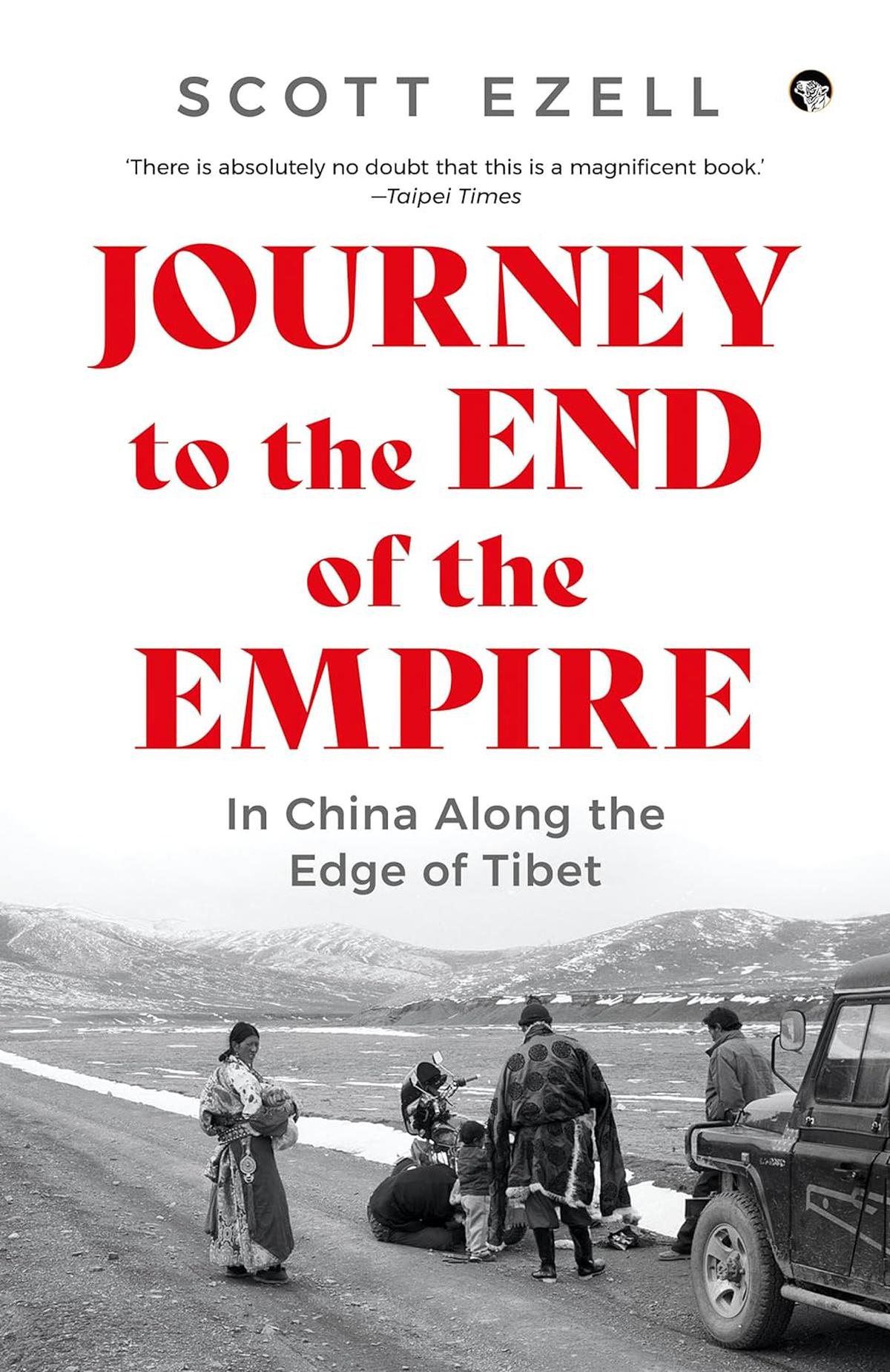
The Britannias: An Archipelago’s Tale by Alice Albinia (Allen Lane)
Shortlisted for the Women’s Prize for Non-Fiction, the book is a stunning exploration of the British isles through their myths and legends, culture and history. Albinia travelled with a circus to Thanet, stayed in a kelp growing laboratory on Rathlin, and went to a women’s retreat on the tiny island of Iona, to captures the diversity and colourful history of the archipelago.
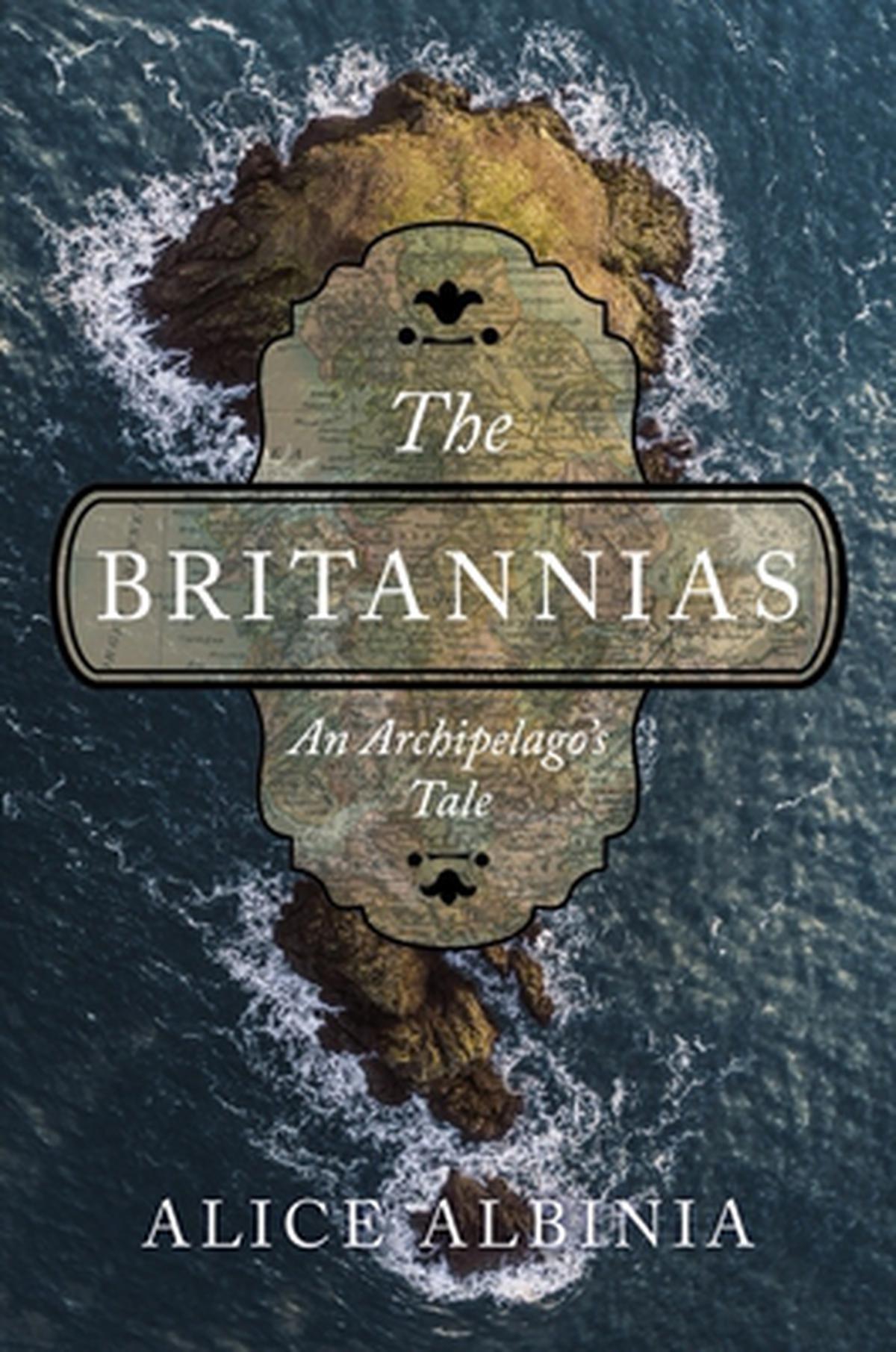
Globetrotting: Writers Walk the World, edited by Duncan Minshull (Notting Hill Publications)
An anthology by “walker-writers” — authors who travelled the world on foot — here you’ll find contributions from Herman Melville, Edith Wharton, Mark Twain, Rabindranath Tagore, D.H. Lawrence and Matsuo Bashō, among others, and travel with them to Japan and London, Rome and China, Kiev and Ghana. A paean to travelling, the book attempts to answer the question asked by Thomas Jefferson: why do we walk? Minshull takes that question a step further, and asks: “why walk, and who walks?”

swati.daftuar@thehindu.co.in
[ad_2]
Source link



.png?w=696&resize=696,0&ssl=1)

